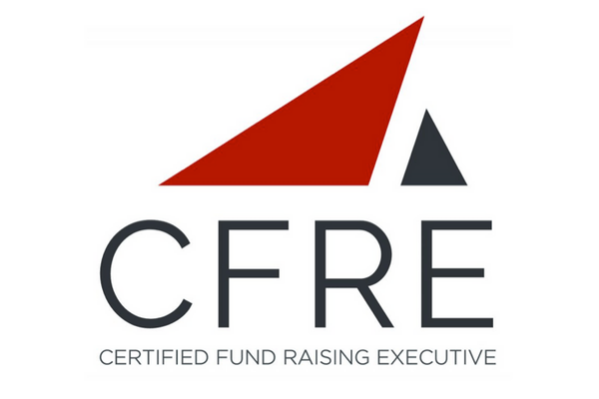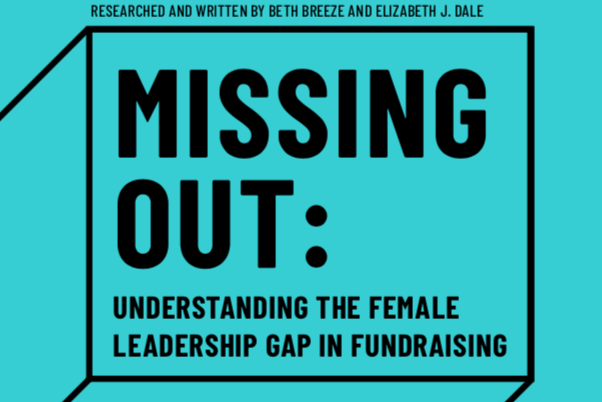
Dutch charities spend 90% of total income on delivering social good
March 4, 2020
Italian Fundraising Award winners awarded CFRE scholarship
March 16, 2020Ahead of International Women’s Day (8 March 2020), new research into female leadership in fundraising has been published in the UK. The study finds that lack of work flexibility, appropriate health policies and prevalent gender stereotyping mean that women are missing out on leadership roles.
‘Missing Out: Understanding the female leadership gap in fundraising’ was commissioned by the Institute of Fundraising as part of its Change Collective strategy, a campaign to improve equality, diversity and inclusion in the fundraising profession. The research was carried out by Dr Beth Breeze, director of the Centre for Philanthropy at the University of Kent, and Dr Elizabeth J Dale, assistant professor in Nonprofit Leadership at Seattle University, USA.
Dr Elizabeth J Dale commented:
“It was troubling to see that gender stereotyping continues to be so prevalent, especially among donors and board members who undermine female fundraisers’ roles. This research calls on the entire sector, and society more broadly, to not only recognise women’s talent and leadership ambition but to rethink how to address tensions between work and family and create additional supports so that more women can obtain leadership roles.”
Key findings show that the salaries of male and female fundraisers typically begin around the same level but that the gap grows over the course of their careers. Amongst those working full-time, men reported salaries that were 14.3% higher than women.
The main barrier for women in realising their leadership ambition is insufficient flexibility in relation to hours and working patterns. Women also experienced a lack of recognition of, and appropriate policies to account for, the full range of women’s health needs. Female fundraisers are far more likely than men to say that they have experienced stereotyping and/or preconceptions based on their gender.
Informed through almost 800 responses to an online survey, focus groups, and case studies, the report provides recommendations for charities, fundraisers and the Institute to address barriers that female fundraisers face in their careers.
Recommendations include that charities should invest in promoting and recruiting diverse candidates to boards and senior management, educate trustees about stereotyping and preconceptions based on gender, and have a zero harassment policy in place. Charities were also advised to offer greater flexibility, and to be clear on flexible working conditions in job adverts.
Speaking at the launch of the research: Carol Akiwumi, chair of the Institute of Fundraising’s Equality, Diversity and Inclusion Committee, said:
“For a long time we have known that the sector has a problem in equal representation at senior levels when it comes to gender. We need to change that, and now is the time for action and transformation.”
Dr Beth Breeze added:
“Clearly, the current career ladders in fundraising are not supporting all of the talented people who aspire to reach leadership roles. I hope the recommendations are read and taken seriously by all who are committed to strengthening the fundraising profession and its positive impact on society. Together we can make sure that talent rises to the top.”
This news follows the IoF’s recent announcement that it has been granted Royal Charter status.




